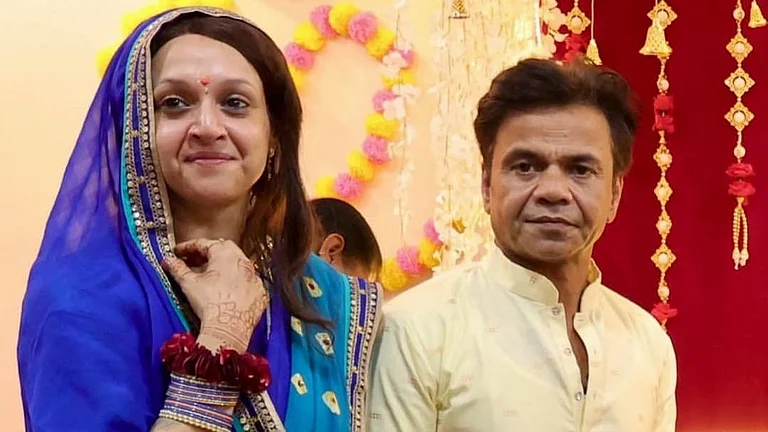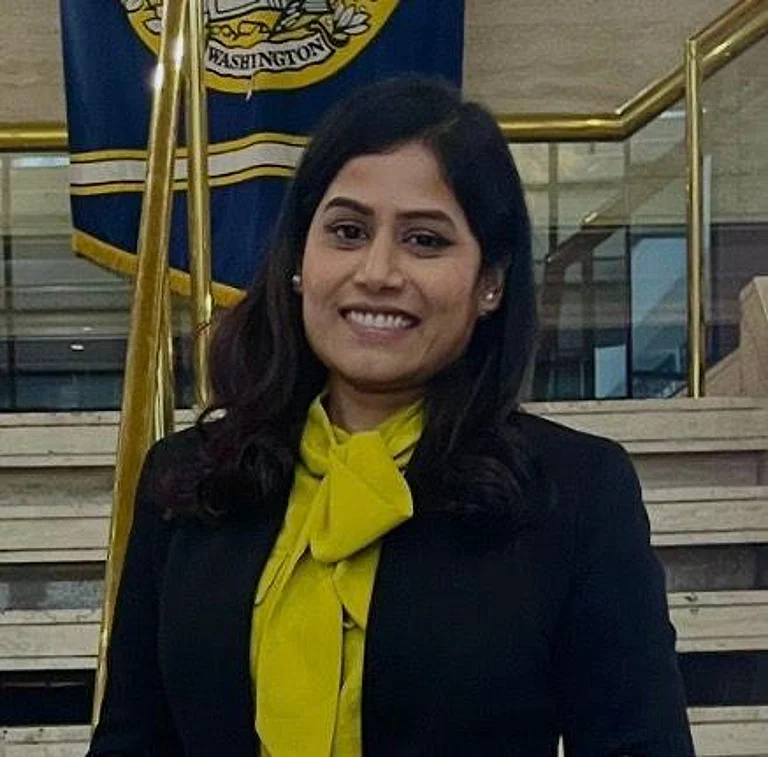At a time when the US and China are locked in a tussle over expanding their supremacy over the globe, former diplomat Subrahmanyam Jaishankar’s inclusion in the Modi cabinet as Minister for External Affairs, is extremely significant. It is believed that he could play a key role in guiding India through the gathering diplomatic storm that lays ahead because of the growing rivalry of the two hegemons.
As a diplomat, Jaishankar has served both in China and the US as India’s ambassador. Later, as Foreign Secretary, he was also part of several key negotiations involving the two countries.
As External Affairs Minister, Jaishankar will now form Prime Minister Narendra Modi’s core group of advisors with Amit Shah (Home Minister) Nirmala Sitharaman (Finance Minister) and Rajnath Singh (Defence Minister).
The other close advisor of the PM is the National Security Advisor (NSA) Ajit Doval. The fact that he has been retained in this crucial post by Modi is significant. Initially, there were speculations that Jaishankar could be brought in NSA and Doval could be given some other responsibility. But it is now clear that he will continue to play a key role in security-related issues for the Prime Minister.
But the latest development also raises questions on how well relations between the NSA and Jaishankar as EAM, will pan out. In his earlier avatar as foreign secretary, Jaishankar had to allow Doval’s views to prevail on issues where their opinions differed because of the former’s seniority in the civil service.
As External Affairs Minister, Jaishankar will now have the required political clout to be more assertive on key strategic and foreign policy issues even if his views differ from that of the NSA’s.
The other reason for giving him the cabinet portfolio of EAM and not that of a Minister of State could also be that as president of Tata Sons Global Corporate Affairs, Jaishankar had an extremely lucrative job and a strong political incentive was needed to make him leave the corporate world and join PM Modi’s cabinet.
Some foreign policy observers, however, worry that in the coming days India may have a more pro-US stance on key global issues. This could be significant because of the ongoing Sino-US trade war and rivalry over other key issues that has led many commentators to describe it as an emerging ‘cold war.’ Many key players in the current Indian foreign policy establishment believe that the country future will be better served if India were to have a close and strong relation with the US.
But others point out that it was Jaishankar who had taken the initiative as foreign secretary for a “Wuhan dialogue” between Narendra Modi and Chinese President Xi Jinping to clear the strains that had come into the bilateral ties in the wake of the Doklam stand-off.
In addition, having headed the IFS as foreign secretary from 2016 to 2018 January Jaishnakar also knows the bench strength in the Ministry of External Affairs. This could allow him to use the available talent and resources in South Block judiciously.
As the Prime Minister heads for the Maldives and subsequently for the Shanghai Cooperation Summit in Bishkek and for the G20 meet in Tokyo, what issues India highlight at these forums will perhaps give an indication of what Jaishankar is bringing to the Prime Minister’s table.


























